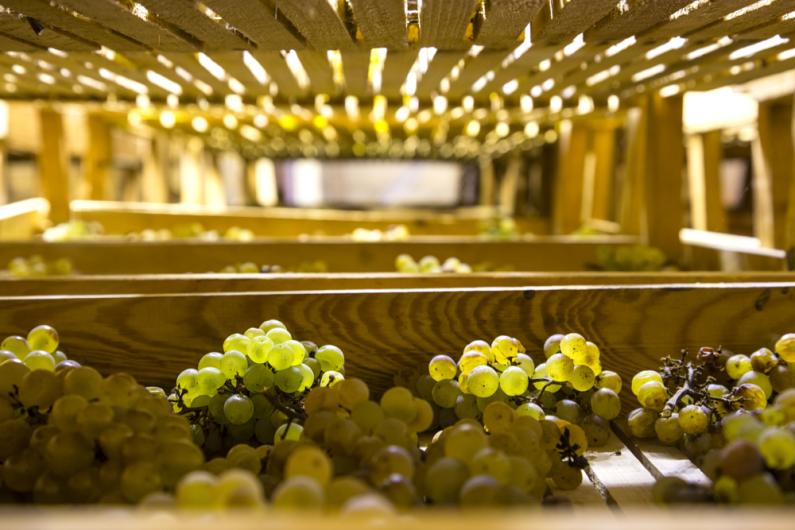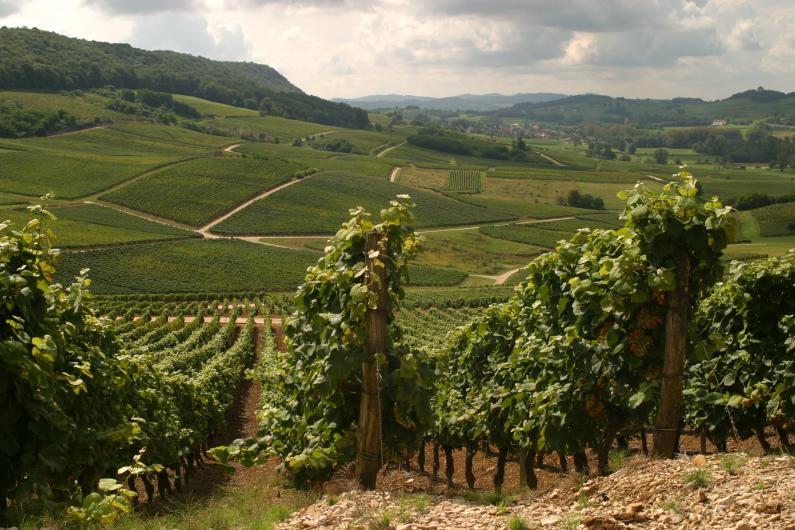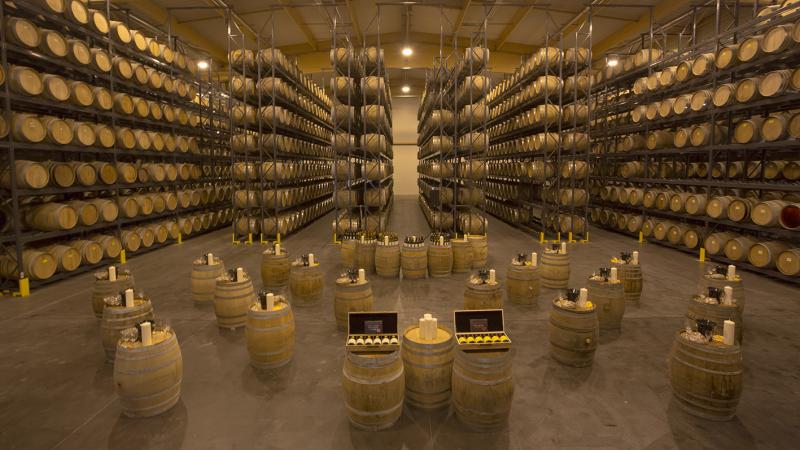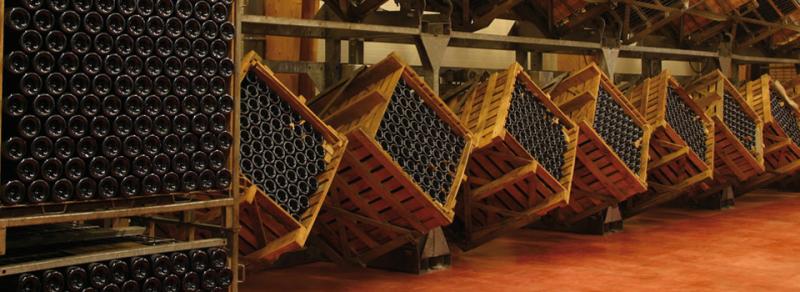François Montand Blanc de Blancs Brut

Wine Description
For centuries, Méthode Champenoise, also known as Méthode Traditionnelle, has been the gold standard for sparkling wine production. A production style that proves to be much more labor-intensive, but the added quality garnered is well worth the effort. With Méthode Traditionnelle the wine goes through its second fermentation in the bottle adding richness and complexity, due to the time it spends on the lees. This style gave Champagne the reputation for premium quality it heralds to this day.
François Montand offers a great tasting sparkling wine, made in the Méthode Traditionnelle, at a value. With an elegant, classic French label, François Montand introduces more people to this winemaking style, showing wine lovers everywhere that a well-made, high quality sparkling wine can be accessible.
 Acclaim
Acclaim
 Vineyard & Production Info
Vineyard & Production Info
 Winemaking & Aging
Winemaking & Aging
 Analytical Data
Analytical Data
 Wine Production
Wine Production
The quality of François Montand wines start in the vineyard with a rigorous selection of the best grapes. The grapes are harvested at optimal ripeness to ensure the best balance between sugar and acidity.
After careful sorting, the grapes are pressed gently to keep all the aromatic potential of the fruit. The first fermentation occurs at low temperatures with selected yeasts. After blending and bottling, the liqueur de tirage is added and the secondary fermentation begins. The wine is then aged horizontally for at least nine months before being disgorged and prepared for shipment.
 About the Vineyard
About the Vineyard
François Montand’s grapes come from diverse terroirs throughout France, ensuring the best possible fruit for consistently excellent sparkling wines at a great value. Select vineyards are located in the Gascony region in Southwest France where the climate is influenced by the Atlantic, and the soils are alluvial with clay and sand. Additional vineyard sites are located on the west facing slopes of the Jura Mountains. Here, the climate is continental with many similarities to Burgundy, and the soils are mostly clay and limestone with some marl deposits.






